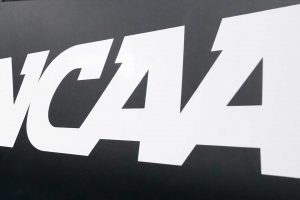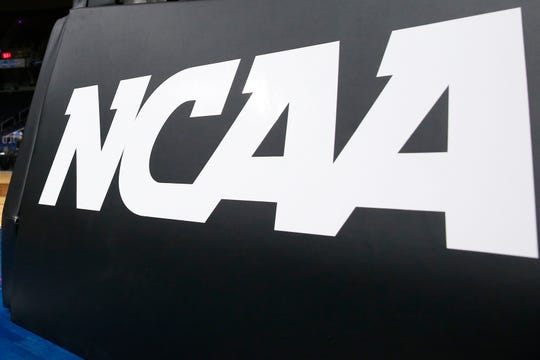Supreme Court rules against NCAA in antitrust case in unanimous decision

The Supreme Court on Monday ruled against the NCAA in a landmark antitrust case that specifically challenged the association’s ability to have national limits on benefits for athletes that are related to education, but more broadly had raised doubts about its ability to limit benefits at all.
The ruling will end the association’s nationwide limits on education-related benefits athletes can receive for playing college sports.
Athletes playing Division I men’s or women’s basketball or Bowl Subdivision football will be able to receive benefits from their schools that include cash or cash-equivalent awards based on academics or graduation.
Among the other benefits that schools also can offer are scholarships to complete undergraduate or graduate degrees at any school and paid internships after athletes have completed their collegiate sports eligibility.
Schools will not be required to provide these types of benefits, and conferences can impose prohibitions on certain benefits if their member schools so choose. However, conferences cannot act in concert. So, if a conference chooses to limit or prevent certain benefits, it risks giving a competitive advantage to other conferences.
The ruling was unanimous.
Justice Neil M. Gorsuch's opinion noted that the lower courts' rulings left in place in the NCAA's ability to "forbid in-kind benefits unrelated to a student’s actual education," but he also wrote: "Nobody questions that Division I basketball and FBS football can proceed (and have proceeded) without the education-related compensation restrictions the district court enjoined; the games go on."
The ruling seemed likely to have at least an indirect impact on the NCAA’s attempts to work through a range of other issues, including athletes’ ability to make money from non-university entities off their name, image and likeness (NIL).
In a concurring opinion, Justice Brett M. Kavanaugh wrote: " … there are serious questions whether the NCAA’s remaining compensation rules can pass muster under ordinary" antitrust legal analysis. Kavanaugh added that the NCAA "must supply a legally valid" justification that "its remaining compensation rules" have sufficient value to promoting competitive balance that the benefits outweigh the harm being done to the athletes.
"As I see it, however, the NCAA may lack such a justification," Kavanaugh wrote.
The outcome represents a multi-level victory for the athletes plaintiffs' lawyers, One of them, Steve Berman, already has another case related to this one pending before the same U.S. district court judge who handled the Alston case, as well as a previous case on behalf of former UCLA basketball star Ed O’Bannon that helped set up the Alston case.
The new case not only asks that the NCAA be prevented from having association-wide rules that “restrict the amount of name, image, and likeness compensation available” to athletes but also seeks unspecified damages based on the share of television-rights money and the social media earnings the plaintiffs claim athletes would have received if the NCAA’s current limits on NIL compensation had not existed.
In addition, under previous rulings at the district level, the plaintiffs' attorneys have been awarded more than $33 million in fees and costs — an outcome that will be reinforced by Monday's unanimous ruling.
“It is our hope that this victory in the battle for college athletes’ rights will carry on a wave of justice uplifting further aspects of athlete compensation. This is the fair treatment college athletes deserve,” Berman said in a statement Monday..
The case, which was originally filed in March 2014 on behalf of former West Virginia football player Shawne Alston, had nothing to do with NIL. But it did focus on the degree of antitrust scrutiny NCAA rules should face, especially the rules related to athlete compensation.
The NCAA's rules have heavily limited athletes' NIL activity, but it is close to loosening those restrictions and allowing them to participate in certain types of endorsement deals, monetize their social-media followings or get paid for signing autographs. However, eight states have forced the issue by passing laws that will allow athletes to make money from their NIL beginning on July 1 or whenever their schools choose.
Because of the varying state measures, the NCAA is seeking a federal law that would create national NIL regulations. The association also wants the law to protect it from future suits connected to athlete compensation. Five bills have been introduced in Congress, which is weighing the legal shield the NCAA wants against requiring schools to do more for athletes than just allow them to have NIL deals.
Monday's ruling came 2½ months after oral arguments for which the Biden Administration's acting U.S. solicitor general, Elizabeth Prelogar, joined with lawyers for the athletes. The justices asked significant questions about the NCAA’s athlete-compensation limits, but also showed concern that changing those limits could destroy college sports as they currently exist.
10 QUESTIONS: Exploring how name, image and likeness will change face of college sports
NAMES TO KNOW: Key figures in the name, image and likeness arena
Source: Read Full Article

